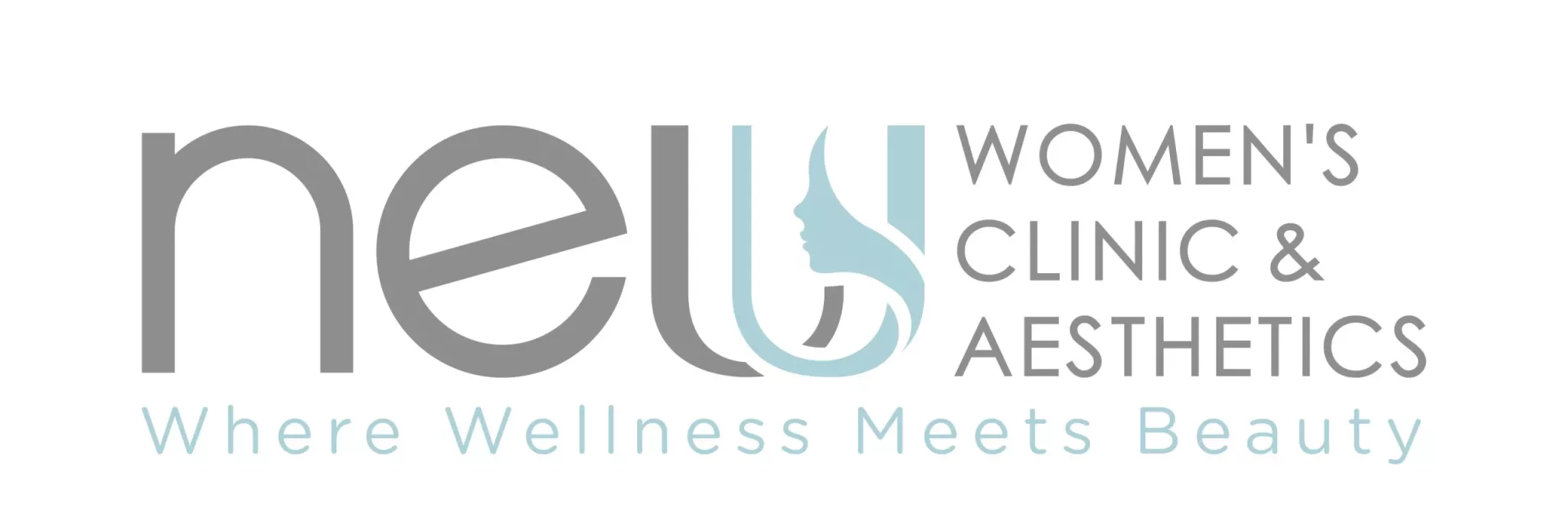
In today’s digital era, having an impressive online presence is crucial for plastic surgeons looking to attract and engage with potential patients. A well-designed website can serve as a powerful marketing tool, showcasing the expertise and services offered by a plastic surgery practice. And effectively communicates your brand, creating a stunning plastic surgery website design.
1. Understand Your Target Audience
Before diving into the design process, it’s essential to have a clear understanding of your target audience. Identify the demographics, interests, and needs of the individuals who are likely to seek your services. Website design and content to resonate with them and address their specific concerns.
2. Establish a Clear and Compelling Brand Identity
A strong brand identity is crucial for any business, including plastic surgery practices. Your website design should reflect your practice’s unique value proposition and personality. Choose a color scheme, typography, and visual elements that align with your brand’s identity. A consistent and cohesive brand presence will help.
3. Emphasize User Experience (UX)
User experience plays a vital role in the success of a website. Ensure that your website is easy to navigate, with intuitive menus and clear calls to action. Optimize page load times to minimize user frustration and provide a seamless browsing experience. Additionally, make sure your website is mobile-responsive via smartphones and tablets.
4. Showcase Your Expertise and Results
One of the primary goals of your website is to showcase your expertise as a plastic surgeon. Include an “About” page that highlights your qualifications, experience, and areas of specialization. Integrate patient testimonials and before-and-after photos to demonstrate the successful outcomes of your procedures. This will instill confidence in potential patients and help them envision the results they can achieve through your services.
5. Provide Educational Resources
Educating your audience about plastic surgery procedures can help alleviate concerns and build trust. Create a blog section where you can share informative articles, FAQs, and patient success stories. This will position you as a knowledgeable authority in the field and provide valuable resources for individuals seeking information about specific procedures.
6. Optimize for Search Engines (SEO)
To ensure your website ranks well in search engine results and attracts organic traffic, optimizing your content for SEO is essential. Conduct thorough keyword research to identify relevant terms and incorporate them naturally into your website’s copy. Focus on creating high-quality, original content that provides value to your audience. Optimize your meta tags, headings, and image alt texts with relevant keywords.
7. Incorporate Calls-to-Action (CTAs)
Guide your website visitors towards taking desired actions by strategically placing calls to action throughout your website. Whether it’s scheduling a consultation, requesting more information, or subscribing to a newsletter, CTAs help drive conversions. Make your CTAs visually appealing and ensure they stand out on the page. A compelling CTA can significantly increase your website’s conversion rate.
8. Stay Up-to-Date with Design Trends
Web design trends evolve rapidly, and it’s important to stay current to ensure your website looks modern and professional. Incorporate them tastefully into your website. However, it’s crucial to strike a balance between trendy elements and timeless design principles to ensure your website is updated in a few years.
9. Test and Optimize
Regularly monitor and analyze your website’s performance to identify areas for improvement. Utilize web analytics tools to track metrics such as bounce rate, time spent on a page, conversion rate, and user engagement. A/B testing can help you determine the most effective layouts, colors, and content variations to optimize your website’s performance. You can continuously test and make data-driven improvements to enhance the user experience and drive better results.
10. Ensure Responsive Design
With the increasing use of mobile devices, it is crucial to have a responsive website design. Your website should adapt seamlessly to different screen sizes and resolutions, providing an optimal viewing experience across devices. A mobile-friendly website improves user experience and boosts your search engine rankings, as search engines prioritize mobile-responsive websites.
11. Prioritize Speed and Performance
In today’s fast-paced digital landscape, users need more patience for slow-loading websites. Optimize your website’s speed and performance by compressing images, minifying CSS and JavaScript files, and leveraging browser caching. A fast-loading website improves user experience and positively impacts search engine rankings.
12. Implement Clear and Engaging Content
Compelling and informative content is the backbone of any successful website. Craft a well-written, engaging copy that effectively communicates your services, expertise, and unique selling points. Use clear and concise language that is easy to understand for your target audience. Avoid jargon and prioritize readability. Additionally, enhance user engagement by incorporating visually appealing elements such as infographics, videos, and interactive features.
13. Optimize Your Local SEO
Optimizing your website for local search is essential for plastic surgery practices targeting a local audience. Claim your Google My Business listing and ensure it is complete and accurate. Include your practice’s name, address, and phone number (NAP) on every page of your website. Generate positive online reviews from satisfied patients, as these can significantly impact your local search rankings. Additionally, target local keywords in your content and meta tags to increase your visibility in local search results.
14. Leverage Social Proof
Social proof plays a significant role in building trust and credibility. Incorporate testimonials, reviews, and case studies from satisfied patients on your website. Display logos of professional organizations and affiliations to showcase your credibility within the industry. Additionally, integrate social media widgets to encourage visitors to follow and engage with your practice on social platforms.
15. Regularly Update and Maintain Your Website
A well-maintained and up-to-date website reflects professionalism and attention to detail. Regularly check for broken links, update outdated information, and ensure all functionalities are working correctly. Refresh your content periodically to keep it relevant and engaging. Regular updates and maintenance demonstrate your commitment to providing a positive user experience.
In conclusion, creating a stunning plastic surgery website design requires careful planning, attention to detail, and a focus on user experience. You can create a website by understanding your target audience, establishing a compelling brand identity, optimizing for search engines, and incorporating engaging content. Stay up-to-date with design trends, prioritize mobile responsiveness and speed, and continuously test and optimize your website to ensure its effectiveness.




























